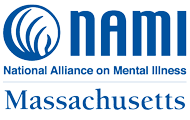Peer support means getting support from others who share similar identity, experience, or journey. It’s based on the principle that people who have this shared “lived experience” can offer unique support and understanding to one another. Below is a collection of peer support resources for people dealing with mental health symptoms or related experiences.
updated September 2024








